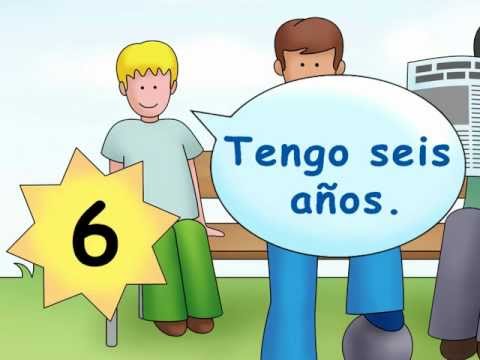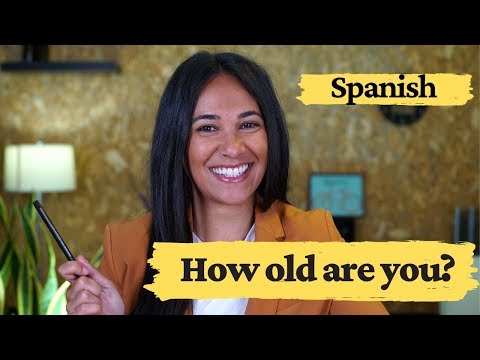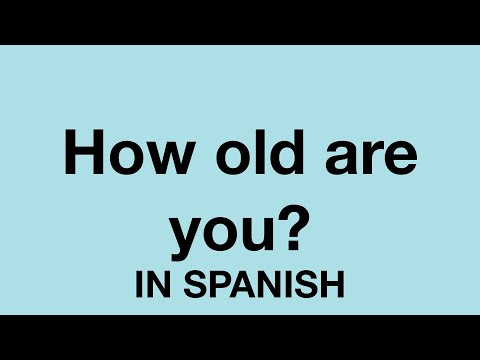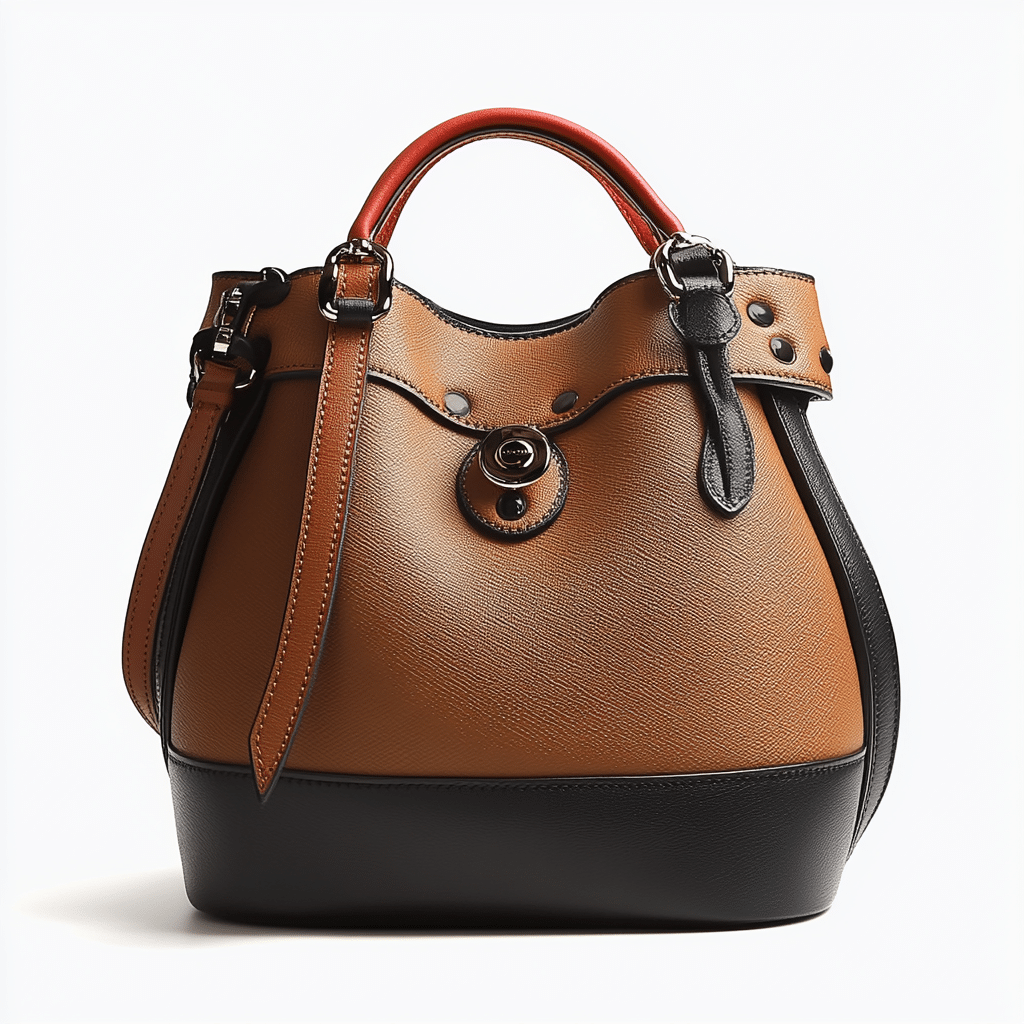When you find yourself in a vibrant Spanish-speaking country, knowing how to ask someone “How old are you in Spanish?” becomes more than just a linguistic exercise. It’s a doorway to connection, an invitation to dive deeper into conversation. The phrase “¿Cuántos años tienes?” is not just about counting years; it’s a bridge that links you to someone’s life experiences, dreams, and cultural backgrounds. By understanding the context and various ways to ask about age, you’ll not only enhance your language skills but also enrich your social interactions.

Understanding ‘How Old Are You in Spanish’
Asking about someone’s age in Spanish utilizes the phrase: “¿Cuántos años tienes?” This question, while straightforward, opens up avenues for conversation that go beyond mere numbers. It’s often used in casual settings, among friends, or to establish camaraderie. However, it’s essential to note the formality of the context you’re in. If you’re addressing someone older or in a more formal situation, you should opt for “¿Cuántos años tiene usted?” This slight adjustment from “tienes” to “tiene” shows respect and acknowledges social hierarchies often emphasized in Spanish-speaking cultures.
In many cases, discussions about age can lead to nostalgic tales or shared experiences. It’s like a landslide of stories waiting to pour out! Whether it’s about coming of age, significant life events, or cultural traditions tied to certain ages, age-related questions are often gateways to profound revelations. Plus, who doesn’t love to swap stories about their youth?
Another important aspect is understanding that some people are reluctant to share their age. In such cases, you can loosen the mood with an informal approach or even a playful line like “A veces la edad es solo un número. ” This laid-back perspective not only lightens the atmosphere but shows that you’re genuine and non-judgmental.

Top 7 Ways to Ask About Age in Spanish and Related Phrases
You’ve got to start with the classic. It’s simple and direct, making it the go-to phrase for both casual and formal chats, depending on your delivery and body language.
This phrase slightly ramps up the formality and politeness. It’s particularly useful for professional settings or when talking to someone you don’t know well.
Bingo! This is the phrase to use when you’re celebrating someone’s birthday. Saying “¿Cuántos años cumple?” not only engages them but also gives a warm touch to your query.
Perfect for breaking the ice! This ranges question brings a playful twist and creates a relaxed vibe. It’s an excellent way to keep the conversation light.
If someone hesitates to share their age, dropping this line can indicate camaraderie. It emphasizes that age needn’t be a serious or fixed topic of conversation.
Taking a more poetic route, this phrase implies emotional maturity rather than biological age. It often leads to richer discussions about life experiences.
This follow-up can deepen your conversation. Not only are you asking about their age, but you’re also showing interest in their feelings about aging or reflecting on their life journey.

Bridging Cultures: How to Say Hello in Japanese
As you refine your Spanish skills, why not dip your toes into learning some Japanese phrases, too? Knowing how to say hello in Japanese, “こんにちは” (Konnichiwa), can enhance your cultural awareness. Integrating greetings from various languages enriches your conversational skills and shows respect during interactions. Multilingual exchanges not only cater to the spoken word but also align you with diverse customs and practices.
There’s beauty in language itself, a melody that resonates cross-culturally. That being said, learning common phrases like “nice to meet you in Spanish” which is “Mucho gusto” or “Encantado/a,” sets a friendly tone and opens pathways for rapport.

Asking About Prices: How Much in Spanish
Navigating cultural landscapes becomes even more exciting when you master essential phrases like “¿Cuánto cuesta?” or “¿Cuánto es esto?” These phrases are indispensable when you’re out and about—especially in lively markets or cozy cafes. Just like the casual query about age can foster relationships, asking about prices allows for negotiation and insightful discussions about value.
This practice of inquiring, whether about age or costs, reveals the heart of communication. It’s in these simple exchanges of words that people come together, creating a tapestry of shared experiences.

Making Connections: Nice to Meet You in Spanish
When you’re meeting someone new, establishing a friendly bond is key. Saying “Mucho gusto” or “Encantado/a” plays a pivotal role in laying the foundation for future conversations, including inquiries about age or other topics of interest. Initial interactions can significantly influence ongoing relationships, creating an inviting atmosphere where open communication thrives.
These phrases can lead to deeper conversations related to experiences and cultural significance surrounding age. You might even uncover shared passions or interests that go beyond the age question itself. It’s fascinating how many connections we can draw from a simple inquiry about years lived!
Engaging Conversations: The Impact of Age-Related Questions
When you venture into discussions about age, the potential for engaging conversations multiplies. People’s responses can reveal their generational experiences, intriguing stories, and cultural nuances that shape their identity. You might hear them reminiscing about traditions they grew up with or the milestones celebrated at different ages.
These interactions create a sense of empathy and connection. Each response has the potential to unveil rich tapestries of individual journeys. It’s through such age-related interactions and the follow-up queries that cultural barriers diminish, allowing meaningful exchanges to flourish.
Moreover, age discussions can serve as a catalyst for stories and experiences you may never have known otherwise. Remember, whether you’re smoothly transitioning into Spanish music festivals, pondering over a moment with Dinámica Doritos, or even your knowledge of Blue Exorcist season 3, these conversations create the ties that bind.
Don’t underestimate the power of asking “How old are you in Spanish?” and its potential ripple effects on your global literacy and emotional connections. By blending curiosity about age with knowledge of greetings in other languages and practical phrases about costs, you’re on your way to mastering conversational skills that go beyond mere words. Engage with enthusiasm, listen intently, and watch as these dialogues flourish into memorable interactions!
In closing, embrace the questions you ask. Whether it’s “¿Cuántos años tienes?” or “¿Cuánto cuesta?”, you’re contributing to a dialogue that enhances understanding and brings people closer together. And who knows? Perhaps you’ll even inspire someone to share a unique story or perspective in return. Dive into this linguistic adventure and discover the joys waiting just beneath the surface!
How Old Are You in Spanish: Fun Trivia and Interesting Facts
The Basics of Age Inquiry
When you ask someone “how old are you in Spanish,” you’re diving into a common social interaction where age is a topic. In Spanish, you would say, “¿Cuántos años tienes?” This phrase not only helps you understand someone’s age but also opens doors to cultural conversations. Speaking of doors, did you know there’s a traffic sign called a no passing zone sign? It’s a great metaphor for knowing your limits—not just on the road but in age discussions too!
A Cultural Twist
Asking someone’s age varies across cultures; in some places, it’s considered rude. However, in Spanish-speaking countries, it’s often a casual question that leads to deeper conversations. In a way, it connects individuals, much like how the Yuzuki family’s four sons each find their unique identity despite being part of the same family. Curious about family dynamics? Check out the Yuzuki family ‘s four Sons Wiki to see how they navigate their unique bonds.
Fun Facts to Share
Age isn’t the only thing that sparks conversation. Did you ever munch on a bag of Dinamita Doritos? A surprisingly spicy treat that colors conversations at parties! Plus, age has meanings beyond just numbers. For example, did you know that a young Thanos alligator Snapping turtle can live up to 50 years? That’s a fun trivia nugget, showing how age can provide insights into lifestyle and behavior, whether for people or creatures alike!
So the next time you chat and you’re curious, remember the fun twist behind asking “¿Cuántos años tienes?” as it can lead to a world of nostalgia, stories, and perhaps a shared joke about life’s quirks, like the experience of spotting a big booty Asian on social media! Not to mention, the lyrics for “Have You Ever Seen the Rain? might pop into your head, blending music with ages and memories, creating a tapestry of life that we all cherish.

How old are you in informal Spanish?
To ask someone informally how old they are in Spanish, you say, “¿Cuántos años tienes?” This is what you’d use with friends or peers to keep things casual.
How do you ask about age in Spanish?
When you want to ask about someone’s age in Spanish, it depends on your relationship with that person. For someone you’re close to, you’d use the informal form, “¿Cuántos años tienes?” For someone older or unfamiliar, you would use the formal form, “¿Cuántos años tiene usted?”
How do you introduce yourself in Spanish age?
To introduce yourself and mention your age in Spanish, you can say, “Hola, me llamo [Your Name] y tengo [Your Age] años.” This way, you share your name and age in one go!
How old are you in Spanish slowly?
If you want to say “how old are you” in Spanish really slowly, you’d speed it out as, “¿Cuántos a-ños tie-nes?” This pronunciation makes it clearer for anyone learning the language.
What language is Nada y Tu?
Nada y Tu is a song in Spanish, which means it’s sung in the Spanish language, a beautiful tongue that rolls off the tongue with rhythm.
What are the 4 forms of you in Spanish?
The four forms of “you” in Spanish are “tú” (informal), “usted” (formal), “vos” (used in some regions), and “ustedes” (for addressing multiple people). Each one varies based on familiarity and region.
How do you politely ask for age?
To politely ask someone their age in Spanish, you would say, “¿Cuántos años tiene usted?” This uses the formal “you” to show respect.
What is Como asking?
“Como” in Spanish typically means “like” or “as,” but it can also mean “how” in questions, especially when mixed with other words.
What is the word for good morning in Spanish?
“Buenos días” is the phrase for “good morning” in Spanish, a cheerful greeting to start the day.
What does “me llamo” mean?
“Me llamo” means “my name is” in Spanish. It’s how you tell someone your name in a conversation.
What are five words you would use to describe yourself in Spanish?
Five words you could use to describe yourself in Spanish might be: “amable” (kind), “creativo” (creative), “divertido” (funny), “inteligente” (smart), and “aventurero” (adventurous).
How do you say in Spanish what is your name?
To ask “what is your name” in Spanish, say, “¿Cómo te llamas?” This is the informal way, great for chatting with friends.
How to learn Spanish ASAP?
If you want to learn Spanish ASAP, try using language apps, watching Spanish shows with subtitles, or even finding a conversation partner. Immersion is key!
How to respond to “de dónde eres”?
When responding to “de dónde eres,” you could say, “Soy de [Your Place].” Just fill in your hometown or country, and you’re good to go!
What does yo soy bonita mean?
“Yo soy bonita” means “I am pretty” in Spanish. It’s a way to express self-confidence about your looks.
How do you state your age in Spanish?
To state your age in Spanish, you would typically say, “Tengo [Your Age] años.” It’s a straightforward way to share your age.
How do you say what’s your age?
To ask “what’s your age” in Spanish, you could say, “¿Cuál es tu edad?” This gets straight to the point in an informal context.
How do you politely ask for something in Spanish?
To politely ask for something in Spanish, you would say, “Por favor,” at the beginning or end of your request. This simple phrase shows good manners.
How do you compare ages in Spanish?
When comparing ages in Spanish, you can use “más que” for “older than” or “menos que” for “younger than.” For example, “Ella es más vieja que él” means “She is older than him.”
What is the informal word for you in Spanish?
The informal word for “you” in Spanish is “tú.” It’s used among friends, family, and people your age to create a casual tone.
How do you state your age in Spanish?
Repeating how to state your age in Spanish, just remember: you say, “Tengo [Your Age] años.” It’s simple and easy to remember.
How are you in Spanish formal vs informal?
In Spanish, “how are you” can be said formally as “¿Cómo está usted?” for polite conversations or “¿Cómo estás?” when talking to friends or folks your age.
































